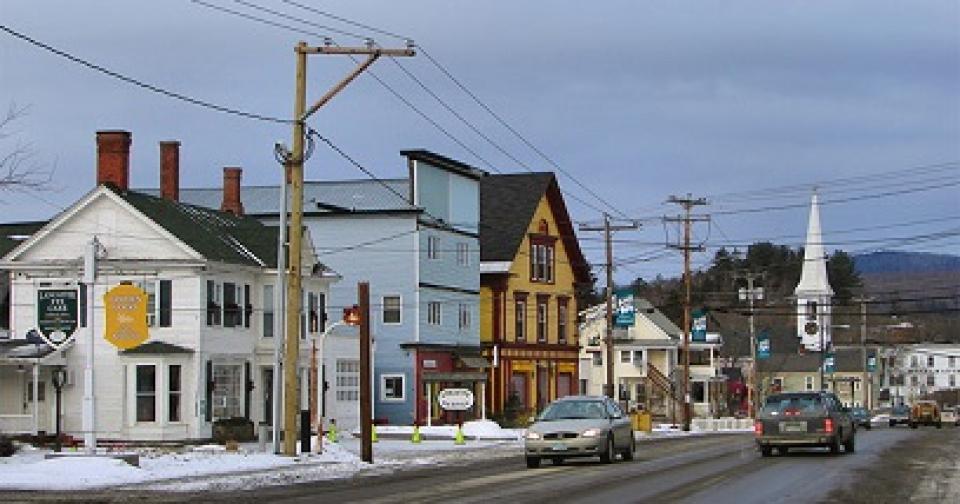
Fast, affordable Internet access for all.

Granite Staters with poor Internet access in rural areas should soon realize the benefit of HB 1111, which just passed the state legislature and was signed into law by the governor. The measure provides for the establishment of communications districts to pursue Internet infrastructure projects in New Hampshire. In addition, the law makes it easier for municipalities to determine which areas under their purview are unserved in order to target broadband expansion efforts and expand access to all.
Removing Barriers, Providing New Tools
Two years ago SB 170 passed the legislature, allowing communities in the state to bond to develop publicly owned Internet infrastructure for the first time. The bill, however, made such moves contingent upon proving that the proposed areas were “unserved” by a connection of 25/3 megabits per second (Mbps). To do so local governments were required to issue an RFI to the existing Internet Service Provider (ISP). At the time we anticipated trouble with existing providers who had a history of claiming service to large areas when the reality was that many were unserved, and it turns out that worry was well-founded: communities reported that ISPs were ignoring requests for information, making it difficult for them to make progress.

HB 1111 changes that. If an RFI to a provider goes unanswered for 60 days, it is assumed the latter is unable to deliver broadband. Municipalities can then come together and form communications districts which have the authority to use general obligation bonds to fund an overbuild of the area and seek out public-private partnerships to provide new service.
“Access to consistent broadband and high-speed internet was a problem long before this crisis and the remote learning, work, and health care environment has only exacerbated those inequities,” State Senator Jay Kahn told news outlets. “As we prepare for the possibility of a second wave, we must take steps that efficiently use public funds to leverage private investment to deliver high-speed internet service.”
Positive Moves
Though nine in ten residents in the state have access to broadband at 25/3 Mbps, New Hampshire ranks twenty-third in the nation overall. Rural residents are among those with fewest choices, despite research and outreach initiatives in recent years.
That said, broadband efforts in New Hampshire have seen some gains as the public health crisis lingers. A month ago we wrote about a grassroots effort which successfully persuaded the New Hampshire Electric Cooperative to create a separate entity to deliver Internet to its 84,000 members. In June, the New Hampshire Office of Strategic Initiatives announced the $50 million Connecting NH - Emergency Broadband Expansion Program, which will use CARES Act money to fund projects to deliver 25/3 Mbps connections to as many unserved premises as possible by December of this year.
This most recent move parallels efforts in Vermont, where we've seen towns voting en masse to form their own communications districts in recent months. ECFiber is perhaps best known among them, today connecting more than 2,000 homes with its fiber network.
For more on the creative ways communities in New Hampshire have sought solutions to their connectivity obstacles, listen to Christopher speak with Hanover town manager Julia Griffin in episode 179 of the Community Broadband Bits Podcast.
Read the full bill below.

